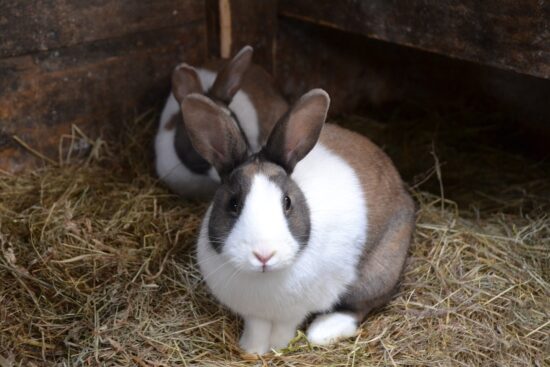Antimicrobial resistance and etiological dynamics affected by tropical climate variability on year-round diagnosis of upper respiratory infections in companion rabbits with snuffles
The study evaluates the etiological bacteria causing upper respiratory infections (URIs) in rabbits in Thailand during 2022 and their antimicrobial resistance (AMR) in relation to tropical meteorological factors. Results show that the highest URI occurrence occurs during the rainy season, with a significant correlation between URI occurrence and precipitation. Gram-negative bacteria are the predominant pathogens, with high resistance to penicillin and co-trimoxazole, highlighting the need for region-specific monitoring and antimicrobial stewardship.
AMR NEWS
Your Biweekly Source for Global AMR Insights!
Stay informed with the essential newsletter that brings together all the latest One Health news on antimicrobial resistance. Delivered straight to your inbox every two weeks, AMR NEWS provides a curated selection of international insights, key publications, and the latest updates in the fight against AMR.
Don’t miss out on staying ahead in the global AMR movement—subscribe now!







